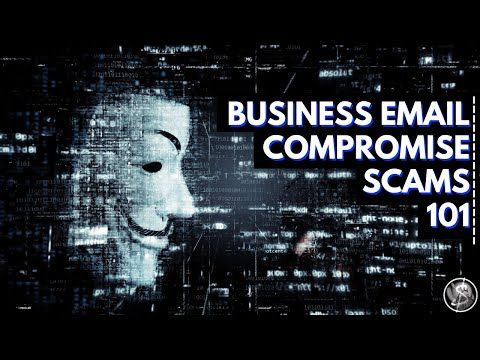Business Email Compromise (BEC) has long been one of the most costly cybercrimes, with the FBI estimating global losses of over $50 billion between 2013 and 2023. Traditionally, BEC relied on simple phishing emails or spoofed domains to trick employees into wiring money or sharing sensitive data. But in 2024 and into 2025, BEC has entered a new era—what experts call BEC 3.0—supercharged by artificial intelligence, deepfakes, and automation.
Instead of clumsy phishing attempts, attackers now use generative AI to craft flawless, context-rich emails that mimic executive writing styles. Voice-cloning technology allows scammers to call employees with convincing deepfake voices of CEOs or CFOs, instructing them to authorize urgent transfers. In some cases, attackers combine email and voice deepfakes with fake invoices supported by hacked supplier accounts, creating highly believable fraud chains. In late 2024, a multinational in Hong Kong lost $25 million after employees were tricked into joining a video conference where multiple participants—including what appeared to be their CFO—were actually deepfakes.
This marked a new level of sophistication where AI-driven deception blurred the line between reality and fraud. What makes BEC 3.0 so dangerous is that it no longer relies solely on spotting misspellings or suspicious domains; the scams are clean, personalized, and often indistinguishable from legitimate communication. Defending against this evolution requires layered defenses: enforcing strict financial controls that require multi-person approvals for large transfers, deploying advanced email security that can detect AI patterns, and training employees to verify requests through secondary channels, such as direct phone calls on verified numbers.
Companies should also prepare incident response playbooks specifically for deepfake-enabled fraud. The lesson of BEC 3.0 is clear: in the AI era, trust cannot rest solely on what we read, hear, or even see. Verification and skepticism are now the only safeguards against a new generation of corporate fraudsters.

